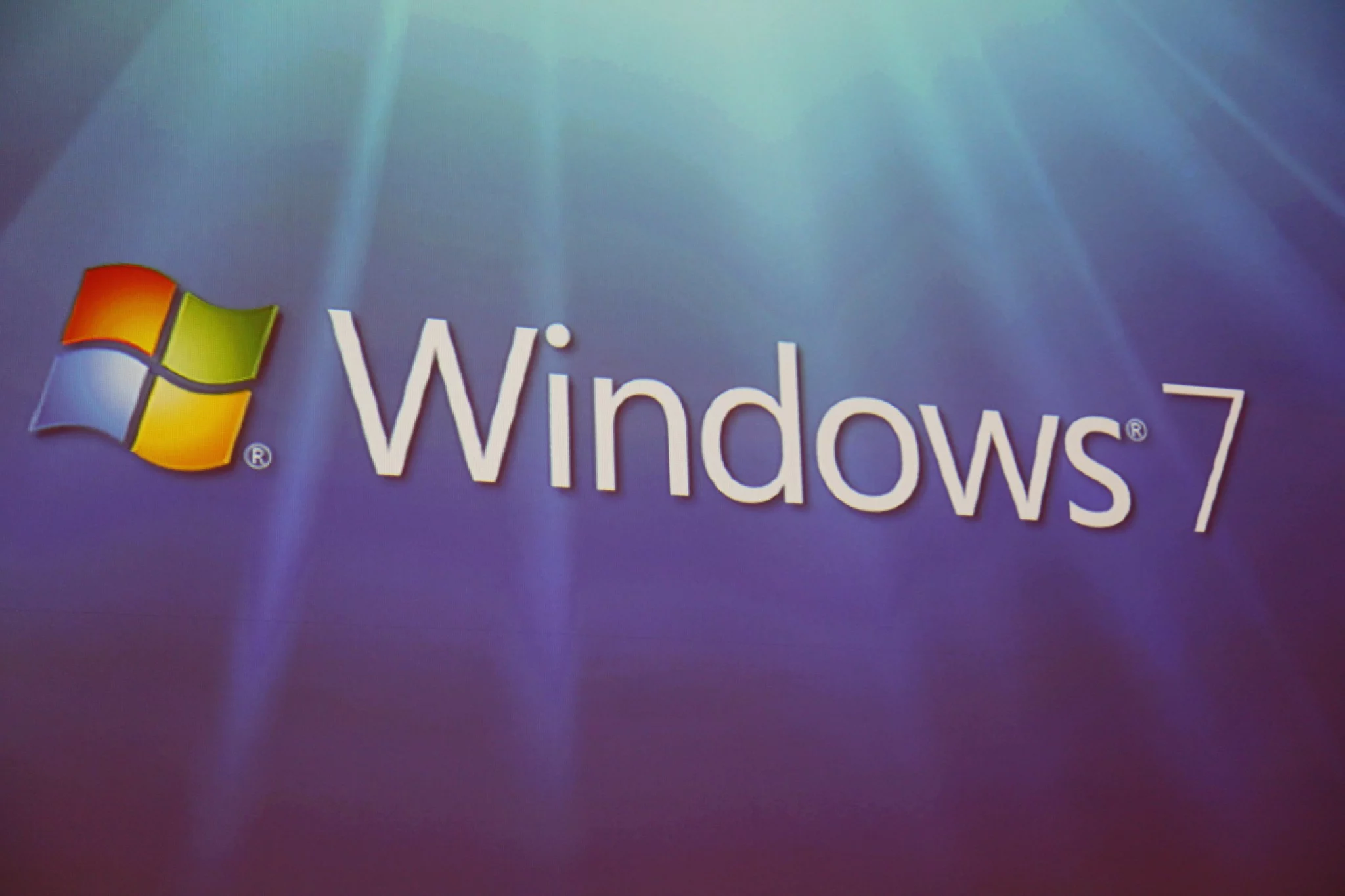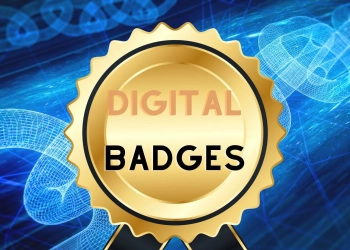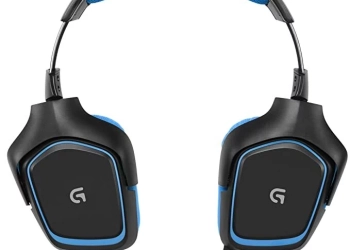After more than a decade of service, Microsoft has announced that it will no longer provide extended security updates for Windows 7 and 8, effective 10 January 2023.
This means that users who are still running these operating systems will no longer receive critical security patches and updates, leaving their systems vulnerable to malware and other cyber threats.
To make matters worse, users will also have to bid farewell to Google Chrome, as the popular web browser will also be ending support for Windows 7 and 8.
This means that Chrome will no longer receive updates or bug fixes, leaving users using outdated operating systems at risk of security vulnerabilities and compatibility issues.
The current 109 version of Chrome is going to be the last one that will support both of these OSes. From the 110 version, Chrome will need Windows 10 as a minimum requirement.
The end of security support for Windows 7 and 8 is not exactly news, as Microsoft has been warning users for over a year now that the extended security updates would come to an end.
However, the loss of Chrome support is a significant blow for many users, as Chrome is one of the most widely used browsers on the planet.
The support for both versions ended in 2020, but Microsoft has been providing extended security updates to date. However, this time the only option is to update.
The good news is that there is still time for users to upgrade to Windows 10 or Windows 11, which will continue to receive updates and support from Microsoft and Google, as well as other major software and hardware vendors.
Upgrading to a newer operating system will also provide users with improved security and performance, as well as access to the latest features and technologies.
This week, Microsoft will release version 109 of both its Edge browser and WebView2 Runtime, which will be the last version to run on Windows 7, 8, and 8.1.
The timeline for ending support is valid for both the Websview2 Runtime versions.
One of the main benefits of upgrading to Windows 10 or Windows 11 is the enhanced security features that these operating systems provide.
Windows 11 and 10 come with built-in security features such as Windows Hello, which provides biometric authentication, and Windows Defender, which provides real-time protection against malware and other threats.
These features will be particularly important for users who are concerned about the increased risks of cyber attacks on outdated operating systems.
Many users would want to retain windows 7 or 8, but that is going to be problematic after February as most of the third-party applications are also shifting. Firefox, Safari, and many other browsers will not support both Windows versions anymore.
The ending support of Windows 7 and 8 is a significant turning point for users and organizations, and it’s crucial that they take action in order to stay secure and productive. The best course of action is to upgrade to Windows 10 or Windows 11.















